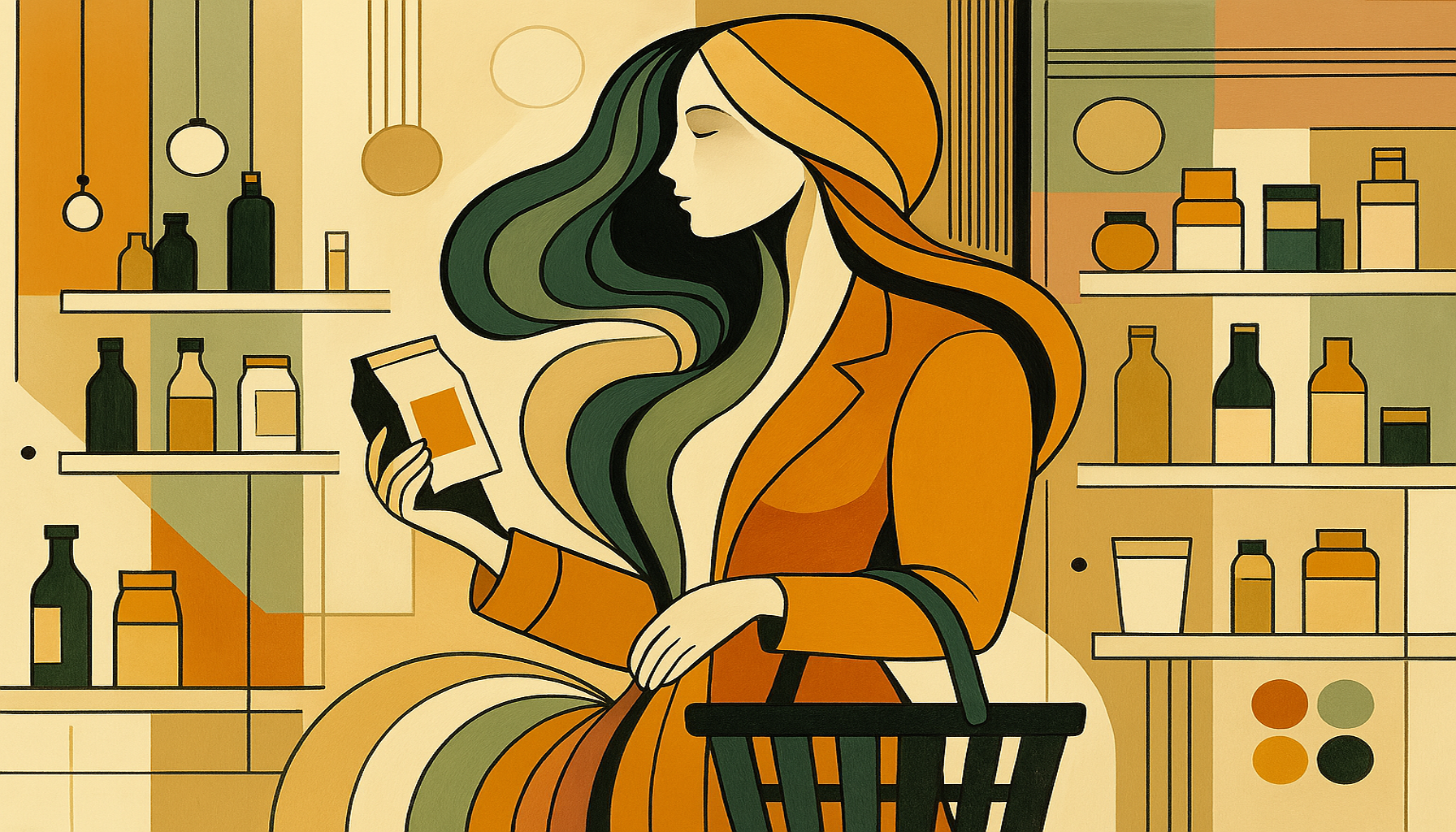When you walk through the supermarket, you often come across products with labels promising to be healthier, such as ‘light’, ‘natural’, or ‘high in fiber’. But how do you know if these claims are actually true? In this article, we dive into the world of food claims and labels, explaining why you should always pay attention to the back of the packaging. Keep reading to discover how you can make more mindful choices and eat healthier!
1. Light products: healthy or misleading?
Many people reach for ‘light’ products hoping to eat healthier, but these don’t always contain fewer calories or sugar. The ‘light’ label simply means that the product contains 30% less fat, sugar, or calories than the standard version. However, this doesn’t mean it’s always the healthier option!
Why aren’t light products always healthier?
- More carbs:
In products like light peanut butter, fat is often replaced by sugar, which increases the carbohydrate content. - Compare the nutritional value:
Light cream cheese often contains more protein than the regular version, but the fat percentage may be similar.
Tip:
Always check the nutritional information on the back of the product and compare it to the regular version to make the healthiest choice.
2. Natural or organic: what does this really mean?
The terms ‘natural’ and ‘organic’ are often used misleadingly. A product labeled natural doesn’t automatically mean it’s healthier. Many products that claim to be ‘natural’ still contain added sugars or unhealthy fats.
What should you know about ‘natural’ and ‘organic’?
- Natural doesn’t always mean healthy:
For example, a dairy drink labeled as ‘natural’ can still contain added sugars to improve the taste. - Choose unsweetened:
If you don’t want added sugars, opt for unsweetened dairy drinks so you have full control over what you’re consuming.
Organic products
Organic products are produced without synthetic pesticides and fertilizers, which is better for the environment. But organic doesn’t always mean healthy. Even organic products can contain a lot of sugar, salt, or fat. It’s important not to just rely on the label but to also check the ingredients and nutritional value.
3. High in fiber: what does it really mean?
Many products claim to be ‘high in fiber’, but that doesn’t always mean it’s the best choice. A product can contain a lot of fiber but also a lot of sugar or fat, making it an unhealthy choice.
Why is fiber important?
- Healthy digestion:
Fiber is essential for good digestion and can help regulate your blood sugar levels. - Check the full nutritional profile:
Choose products that are high in fiber but not packed with unhealthy sugars or fats.
Tip:
Opt for fiber from whole grain products and avoid ‘healthier’ snacks like fiber-rich cookies or bars that can unnecessarily raise your calorie intake.
4. Why reading labels is so important
It’s crucial to read labels because many products that are marketed as healthy often contain more sugar or fat than you might think. In my healthy eating workshops, I often ask participants why they choose products based on claims like ‘light’ or ‘natural’.
What you need to know:
- Always compare the nutritional value per 100 grams or 100 milliliters:
This makes it easier to compare products and make more mindful choices. - Read the back of the packaging:
Don’t just trust the claims on the front like ‘healthy’ or ‘natural’. Often, the packaging overestimates the health benefits of the product.
Why reading labels?
Reading labels helps you avoid misleading claims and ensures you know exactly what you’re eating. It enables you to go beyond marketing tricks and truly understand what you’re consuming.
Conclusion: make mindful choices by reading labels
Reading and comparing labels is essential for making healthy and mindful food choices. It prevents you from being misled by marketing claims and helps you select products that truly contribute to a healthy diet.
Your next step:
- Take the time to read labels on your next grocery store visit.
- Compare different products based on their real contents and make a mindful choice that suits your dietary needs.
Want to learn how to make healthy choices during your grocery store visits? Sign up for personal shopping in the supermarket! Together, we’ll go through the aisles and I’ll show you how to read labels, make better choices, and select products that fit your healthy lifestyle.
Contact me for an intake session or a personalized nutrition advice.
